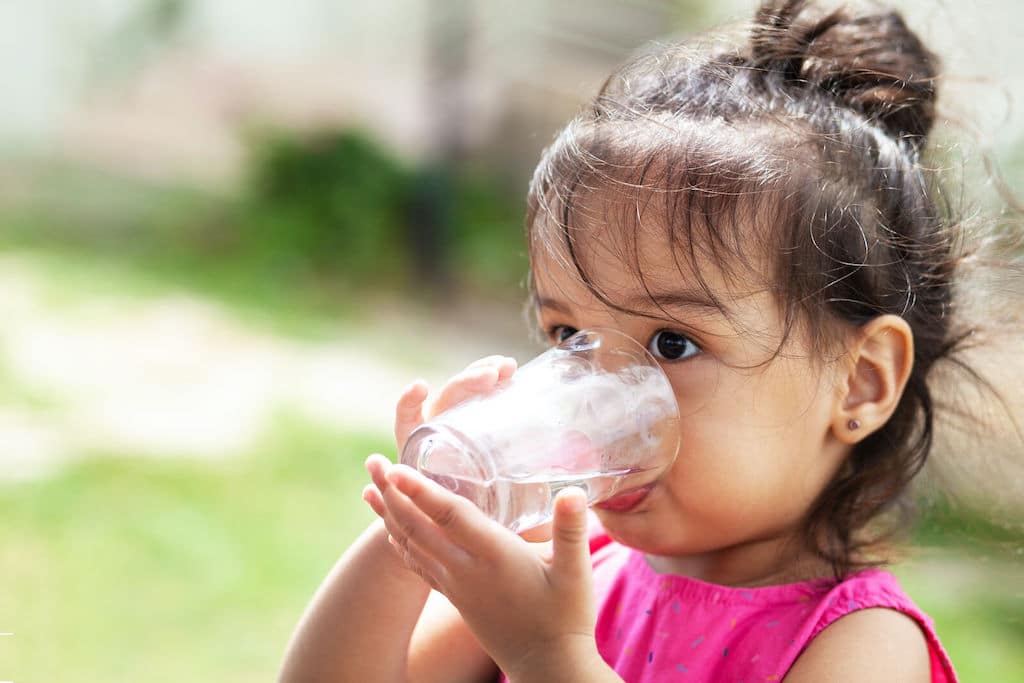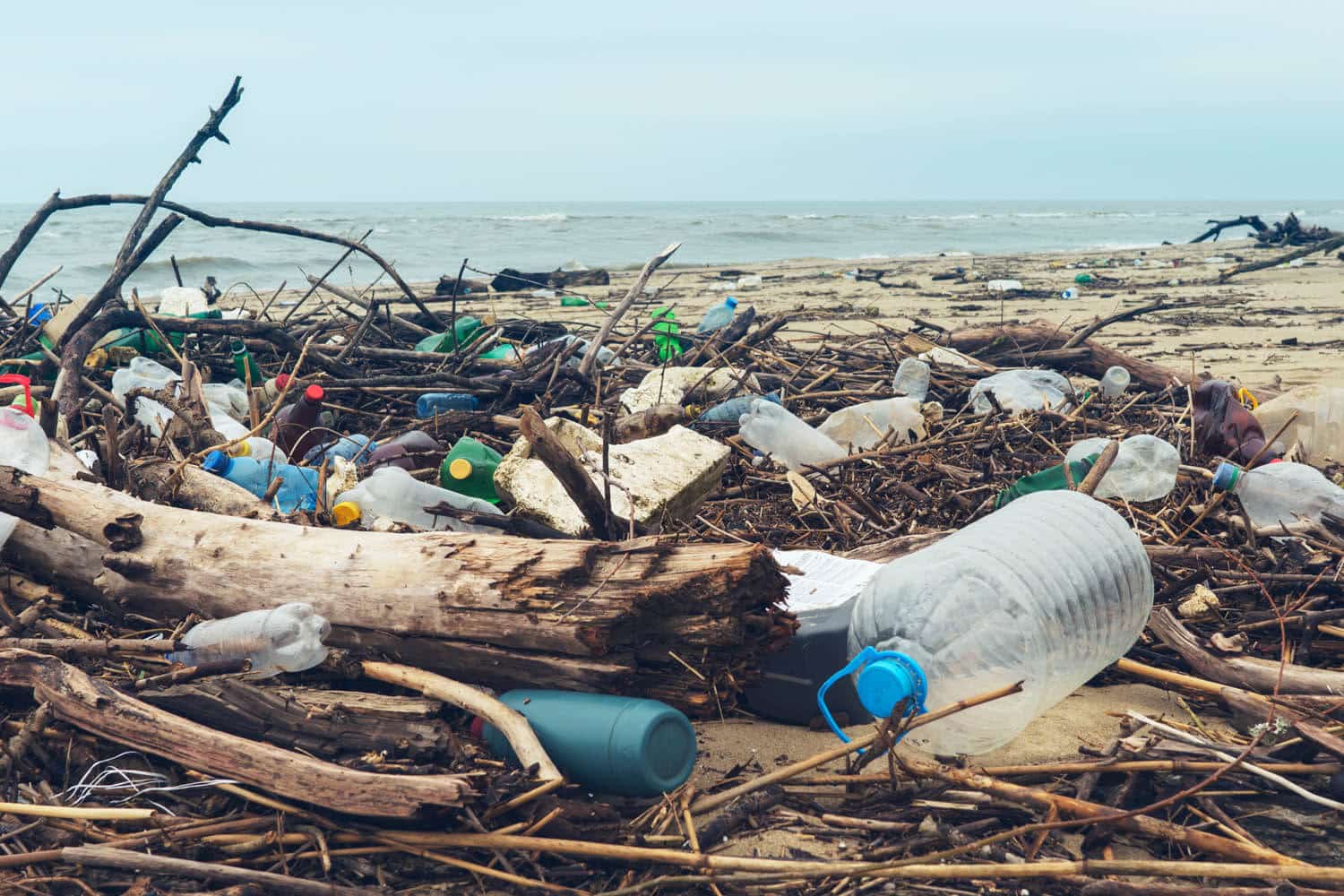On this Earth Day and every day, people all over the world are tapping into their concern for the planet to make lifestyle changes that lessen their environmental impact. One result of widespread ecological awareness is that more people than ever before are asking for products and services that are cleaner and healthier for humanity and nature. Access to such goods and services—when they are made affordable and equitably distributed—can make the transition to a more sustainable life possible for all of us.
Many companies are responding with new marketing and ways of doing business, such as changing how their products and services are produced, packaged, and offered. This includes more reusable and refillable options, which are part of solutions to the plastic crisis. However, other products, particularly some of those used to replace plastics, are marketed as green but in reality can be just as harmful as conventional plastics. Unfortunately, some things now associated with healing our environment do more harm than good, and only distract and delay us from actions that truly do help.
What is “Greenwashing?”

Many activities, organizations, and products bear a green sheen without any substance behind it, or oversell their positive environmental impacts—this is “greenwashing.”
Companies commonly “green” their businesses by packaging unsustainable products in natural-colored or themed packaging, or labeling plastic products as recyclable when in reality they are not. For companies and industries, it’s important to be transparent about the actual impacts of their products and activities. For consumers, it’s important to know how to tell the difference between products and services that actually help, and those that are only made to look like they do.
Corporations Mostly Recycle Myths, Messaging, and Deceptive Tactics—Not Plastic
One powerful example of greenwashing with regard to the plastic pollution crisis is recycling. It seems like every Earth Day, the top corporate plastic polluters launch new campaigns where they tell us that cleanups, recycling, and what they call “advanced recycling” or “chemical recycling”—although more appropriately called “advanced plastic burning”—will solve the plastic pollution crisis. But plastic is pollution from the moment it is created, and we cannot recycle our way out of the problem.
Most plastic collected as recycling becomes pollution, as more than 90% of plastic is landfilled, dumped, incinerated, or shipped overseas—with huge consequences on our health, and driving deep racial and class injustices. Less than 10% of plastic is actually recycled. Yet, companies keep pushing the message that recycling will fix things; check out Coca-Cola Wants You to Recycle Soda Bottles. That Won’t Keep Plastics Out of Your Body, as well as “Plastics Recycling is a LIE.”
People working in the plastics and petrochemical industry have created green-sounding nonprofit organizations like Keep America Beautiful, soliciting not only donations but also volunteer time. Donated time and money to these faux-environmental groups is often dedicated to cleanups, and anti-litter and recycling education. People are made to feel good engaging in these activities, because they are told they are the “right” thing to do. For more information about the tactics used by the plastic industry to block real action to stop plastic pollution, check out Changing Market Foundation’s excellent “Talking Trash” report.
Meanwhile, industry trade groups linked to the deceptive nonprofits spend much time lobbying against legislation that could help curb plastics production. In this way, the industry continues perpetuating the myth that the public is the cause of plastic pollution, when their production of plastic is really the cause. This approach also glosses over the severe and unjust human toll of plastic being made on our planet. Recycling and other false solutions offered by the plastic industry distract and delay fundamental solutions to the plastic crisis: most importantly, turning off the tap on plastics production. (For more information on corporate greenwashing, check out the film The New Corporation.)
How to Avoid Greenwashing

Here’s what to watch out for:
• Use of unclear branding words, such as “green,” “chemical-free,” and “natural”
• Made-up seals of approval on packaging that convey sustainability but are meaningless
• Beautifying logos or advertising for products or services that have a clear negative impact on the environment with elements of nature, such as animals or flowers
• Products obviously made of plastic and dangerous chemicals (like cigarettes) with eco-friendly labels
• Companies making products that harm people and the environment that also make “green” versions of their products — that doesn’t make up for their overall negative impacts
• Data or claims that seem overstated, exaggerated, or misinformed
Make Positive Changes on Earth Day and Every Day

When you’re looking for products, services, and other purchases to help the planet, look for companies that embody the values we need to make positive change—such as eliminating plastic and other packaging from products, and offering refill and reuse options for the things you shop for, from food to personal care items. Many businesses exist that are helpful to people while having a lower impact on the planet; take some time to check out Plastic Pollution Coalition Business Members, like Ahimsa, Pangea Organics, and Meal In A Jar.
When you’re searching for businesses genuinely operating with minimal impact on the environment, look for those that:
- • Provide transparent information about their business sustainability practices
- • Do not make products with toxic materials or chemicals
- • Have reliable third-party certification of their products and services, such as the Blue Standard
- • Rely on fair labor practices to run their business
- • Design products for reuse, refill, and repair-ability instead of disposability
- • Avoids use of plastics, especially single-use plastic packaging
You can make a positive impact this Earth Day by taking action to address plastic pollution. Use your knowledge of greenwashing to help guide you to better choices this Earth Day and every day.






